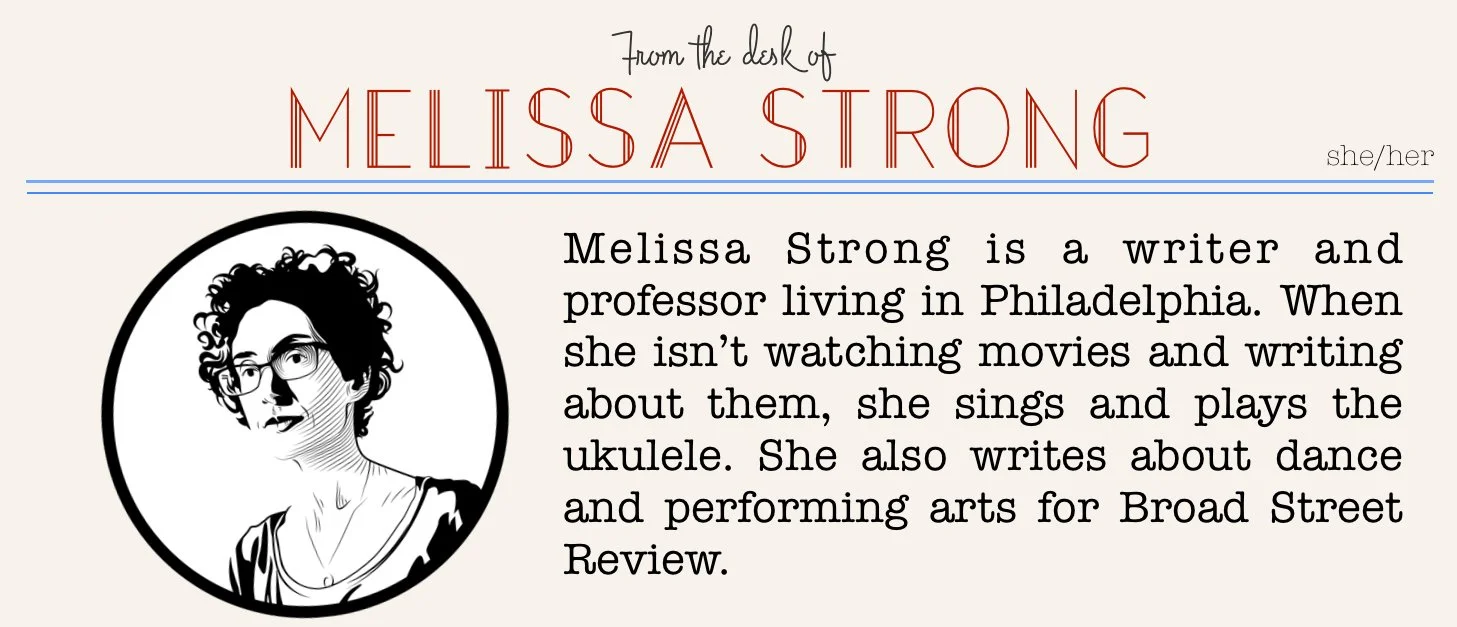CLOSE TO YOU is reserved, but still provides a window into a transmasc experience
Close to You
Written and directed by Dominic Savage
Story by Dominic Savage and Elliot Page
Starring Elliot Page and Hillary Baack
Runtime: 1 hour 40 minutes
Unrated
In theaters August 16
by Melissa Strong, Staff Writer
Five months after the April 2023 debut of actor Elliot Page’s memoir Pageboy atop the New York Times Best Seller List, Close To You premiered at TIFF. Page stars in his first male role as Sam, a trans man visiting relatives he hasn’t seen for years. On the train to his hometown, Sam spots a close friend from high school. Reconnecting with Katherine (Hillary Baack) goes better than the family reunion, where a grandstanding bigot sets off events that fracture fragile truces.
For a movie about closeness, Close to You does not get close enough to the people it portrays. Page developed the story with Dominic Savage, who took an improvisational approach to writing and directing. The movie unfolds at a pace so unhurried it lands as deliberately “artsy,” and even frustrating. The plot and characters need more development of the sort they might have received from a well-written script.
Sam is frequently shot in or through mirrors and windows, which parallels the gaps between how he sees himself and the world and how others see things. A lingering opening shot of Page without a shirt sets the tone. It seems to overemphasize the actor’s transition, though, and visual framing can’t stand in for storytelling. Brief exchanges between Sam and his relatives provide more insights into their relationships than longer scenes with Sam and Katherine sorting out what they mean to each other. Indeed, it is unclear whether Close to You is about the relationships in Sam’s family or the relationship between Sam and Katherine.
These downsides are offset by emotionally honest moments, plus a strong performance by Page. Viewers willing to look past Close to You’s imperfections will be rewarded with a moving take on an experience rarely explored in feature films. The movie treats Sam and the task of representing him with the honesty and respect they deserve. It’s important for trans actors to play trans roles, and films about transmasculine lives are rare. Mutt (dir. Vuk Lungulov-Klotz, 2023) might be a stronger movie, but Close to You contributes to the conversation. And it shows more of the hero’s inner world.
Still, Sam always seems just out of reach. Watching Close to You reminded me of reading Pageboy: though I found the book interesting and touching, Page himself remained elusive. The memoir shares more details about his life than Page’s thoughts and feelings about them. It’s striking that both Close to You and Mutt portray trans men who are charismatic yet reserved. Is it a coincidence? Or do these films comment on the intersection of trans masculinity with hegemonic masculinity (and a binary construction of gender)? As someone lacking lived experience, I don’t know how to interpret Page’s performance of guardedness. I sought out his memoir and this movie partly because I try to educate myself about trans identities and lives.
Despite its flaws, I recommend Close to You to others who want to learn. The movie addresses ways a gender transition could impact a family, how not to handle a pronoun mistake, and what a supportive friend looks like. It also gives viewers a peek at a romantic relationship where someone is trans or disabled. Katherine is quick to fully accept Sam, as well as her attraction to him. This is a refreshing response from a cis person who thought of themself as straight: we don’t see Katherine struggle with her feelings or question how they impact her identity. Similarly, Katherine’s deafness is treated as a non-issue, and Baack–a Deaf actor–plays the role. Close to You isn’t the movie I hoped it would be, but it’s great to see Page back on screen and fitting that this role dovetails with his memoir.


